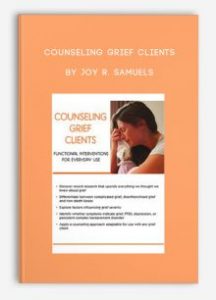 Counseling Grief Clients by Joy R. Samuels
Counseling Grief Clients by Joy R. Samuels
More information about Medical:
Medicine is the science and practice of establishing the diagnosis, prognosis, treatment, and prevention of disease.
Medicine encompasses a variety of health care practices evolved to maintain and restore health by the prevention and treatment of illness.
Contemporary medicine applies biomedical sciences, biomedical research, genetics, and medical technology to diagnose, treat, and prevent injury and disease,
typically through pharmaceuticals or surgery, but also through therapies as diverse as psychotherapy, external splints and traction, medical devices, biologics, and ionizing radiation, amongst others.
Medicine has been around for thousands of years, during most of which it was an art (an area of skill and knowledge) frequently having connections to the religious and
philosophical beliefs of local culture. For example, a medicine man would apply herbs and say prayers for healing, or an ancient philosopher and physician would apply bloodletting according to the theories of humorism.
In recent centuries, since the advent of modern science, most medicine has become a combination of art and science (both basic and applied, under the umbrella of medical science).
While stitching technique for sutures is an art learned through practice, the knowledge of what happens at the cellular and molecular level in the tissues being stitched arises through science.
Outline:
THE JOURNEY OF GRIEF
- Models for understanding grief
- Older, familiar models
- Current theories and approaches
- Grief expressions
- Emotional and cognitive
- Physical manifestations
- Behavioral
- Social behaviors and societal reactions
- Predictors and mediators of the experience
- Background: grief is highly individual
- Personality and other vulnerability factors
- Who died; quality of relationship
- Social, contextual and cultural influences
- Mode of death
- Other influences
- Non-death losses
ASSESSMENT AND DIAGNOSIS OF GRIEF-RELATED SYMPTOMS
- Differential diagnosis between depression, grief and PTSD
- Persistent complex bereavement disorder
- Use of adjustment disorder diagnosis with grief clients
- Measurement/assessment of grief symptoms
WHEN GRIEF BECOMES COMPLICATED
- Common trajectories for grief
- What is “complicated” grief and how do you recognize it?
- Treatment interventions for complicated grief
TREATMENT STRATEGIES AND FUNCTIONAL INTERVENTIONS
- Grief counseling
- How is it different from other types of counseling?
- Who often benefits (and who may not)?
- Components of a general approach
- The 3 Rogerian conditions
- Power of presence
- Being a companion/therapist for your grief clients
- Cross-cultural and other diversity considerations
- Dealing with emotional intensity
- Grief vs. trauma
- When clients’ grief is disenfranchised
- Working with couples or families who have experienced the “same” loss
- Preparing for grief “spikes”
- Post-traumatic growth
BEING A GRIEF COUNSELOR
- The risks and joys of this work
- Self-awareness
- Self-care
- Training opportunities in this field
LIMITATIONS OF THE RESEARCH AND POTENTIAL RISKS
- Disparity in results across studies for grief
- Risk factors for complicated grief
Description:
Clinicians often struggle to develop an effective approach to counseling grief clients, due to the uniqueness of each individual’s grief. The last 10-15 years have seen an explosion of new research in the field and many new studies have turned what we thought we knew on its head.
Explore this new research about appropriate diagnosis of grief clients, ideas for how to assess grief severity and related constructs, and clarification about what is meant by “complicated grief” Review the most commonly used current models for understanding grief and leave with tools, including 20 interventions, to more confidently assist clients in navigating the adaptive, yet confusing and difficult, grief process. The recording will end with a focus on self-care, discussing how to appropriately manage and care for ourselves in this demanding, yet fulfilling, work.
D.MIN., LPC-MHSP, NCC
JOY R. SAMUELS, D.MIN., LPC-MHSP, NCC, has over 25 years’ experience as a licensed professional counselor, Fellow in Thanatology, chaplain, and ordained minister. She teaches in the graduate clinical mental health psychology department at Lipscomb University and at Candler School of Theology at Emory University in the United Methodist Church Course of Studies. She maintains a private counseling practice and supervises those seeking licensure as a LPC-MHSP.
Dr. Samuels holds D. MIN. and MDIV. degrees from Wesley Theological Seminary, Washington, DC. Additionally, she holds an M.S. degree in counseling psychology from California State University, Northridge, CA, and a counseling certificate in substance abuse from the Northern Virginia Community College, Annadale, VA. Among her areas of expertise are individual, couples and family counseling, trauma and bereavement and post-masters supervision.


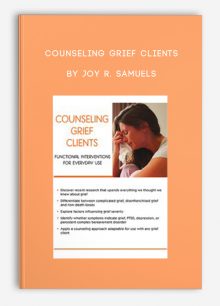

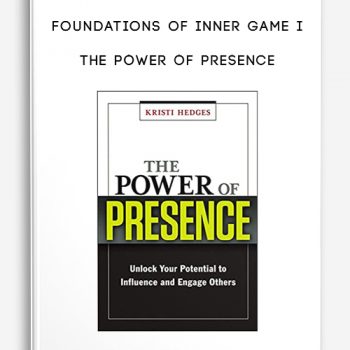

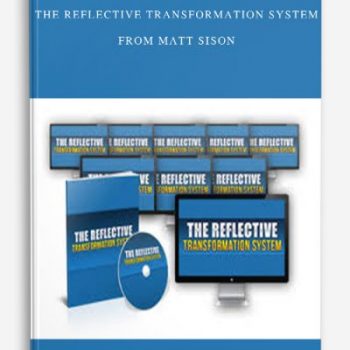
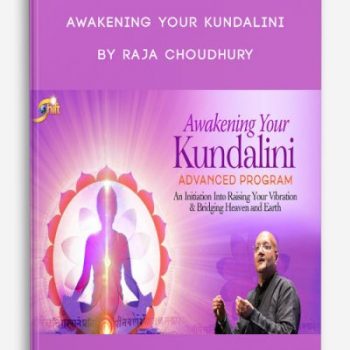

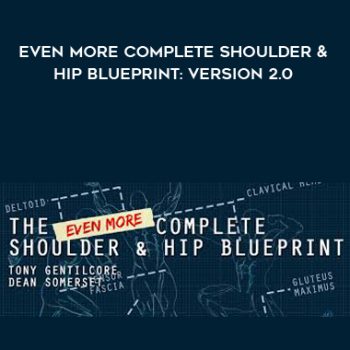


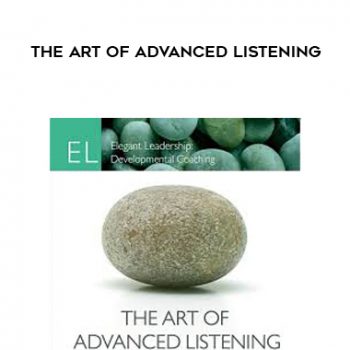
tristian –
This is Digital Download service, the course is available at Coursecui.com and Email download delivery.